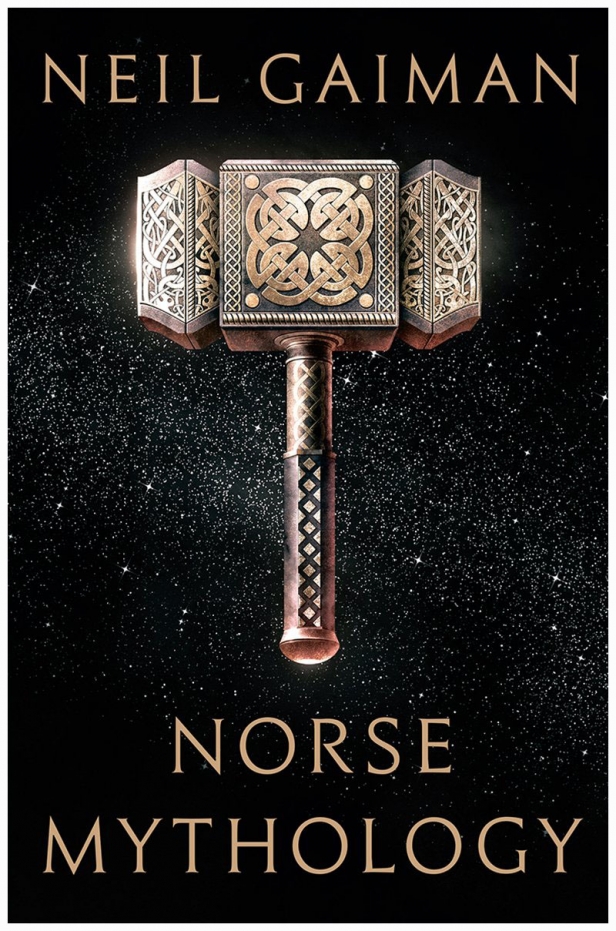Fans of Neil Gaiman’s work will be very familiar with his love of Norse mythology. The gods have played pivotal roles in The Sandman and American Gods, and with the popularity of these myths at a high point, it seems only right that the author gave us his version.
As you might expect, Gaiman takes his role as storyteller very seriously, and the tales of Odin, Thor, Loki and their fellows are presented with the respect that you’d expect. However, that doesn’t stop Gaiman having a bit of fun, and he brings a nice bit of biting sharpness to the gods’… shall we say, difficult relationships.
Thor is an impulsive brute, Odin is a ruthless old trickster, and no one trusts Loki as far as they can throw him (and they frequently want to do far worse than throw him). These characters get themselves into situations that require cunning, brute strength, deception or all three to resolve, and Gaiman begins to hint at the storm that’s brewing.
While it’s great fun to read about the more absurd escapades of unwise bets and even less wise thefts, and the surprisingly bloody ones, this really excels when Gaiman explores the bitter family feuds that sow the seeds of the oncoming Ragnarok.
The treatment of Loki’s monstrous children and the brutal punishment for the god of mischief’s behaviour pack a real punch here, and Gaiman has an obvious adoration for the cyclical nature of these myths. There are very few true endings, death is not always final, and the barriers between worlds are not particularly solid.
Readers may be familiar with these stories, but we’re always excited to return to the nine worlds, and especially in the hands of a storyteller like Gaiman, they are an absolute treat.
